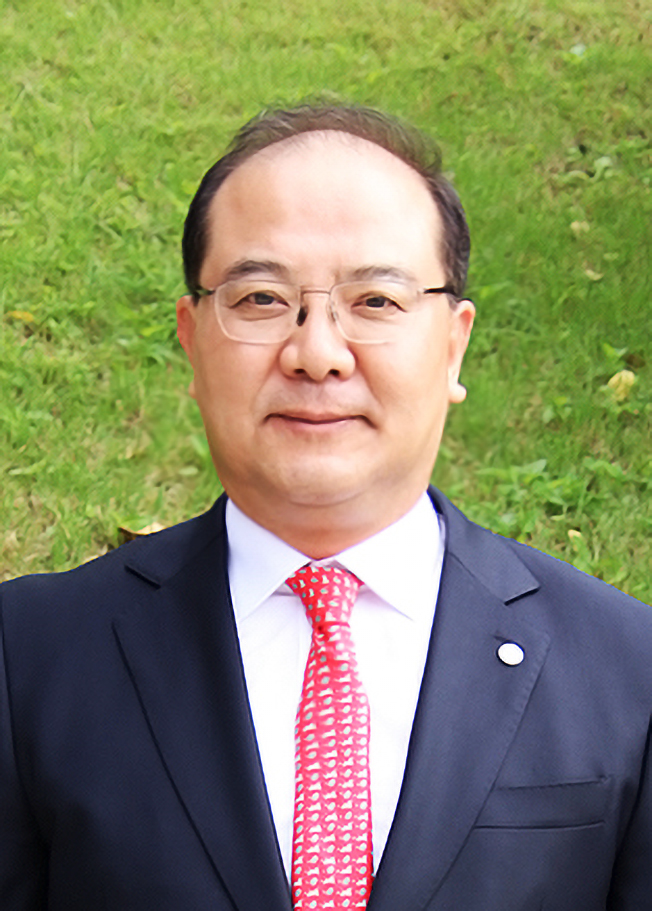학과장인사말 Dean's Welcome - 글로벌기후환경학과 HYGCE
학과장인사말 Dean's Welcome
기후 변화를 포함한 다양한 환경문제들은 지구 생태계 뿐 아니라 국가 및 기업경영에 있어 반드시 고려해야 하는 핵심 이슈가 되었습니다.
기후변화의 위험성에 대비하고자 지난 2015년, 전 세계 195개국은 파리에서 온실가스 배출량을 단계적으로 감축하는 협약을 채택했습니다. 그린 뉴딜, 기업의 ESG 경영 등 세계 각국은 파리협약의 내용인 2050년 ‘탄소 중립’을 달성하고자 다양한 정책을 시행 중입니다. 교육 분야도 마찬가지입니다. Times Higher Education (THE)의 세계대학 영향력 평가에 기후변화 대응이 주요 지표로 포함되어 있습니다.
글로벌기후환경학과는 이와 같은 국제적 기조를 받아들여 국내외에서 기후변화에 대응하는 융합적 전문인재 육성을 위해 신설되었습니다. 탄소중립달성전략, 순환경제와자원순환, 기후금융 및 투자 등 다양한 기후 분야에 대한 체계적인 교육을 진행합니다.
기후 변화에 대해 국가적 차원의 대응전략을 수립하고 있는 현재의 상황에서 기후변화 관련 전문 인재 수요는 크게 증가할 것입니다. 글로벌기후환경학과는 기후변화라는 시대의 중요성과 비중에 걸맞게 알차고 수준 높은 교육 프로그램을 개발하여 운영하고자 합니다. 관심을 가진 교내외 기관과 개인 여러분들의 많은 조언과 도움을 기대합니다.
We all envision a future powered by clean energy. However, as greenhouse gas emissions rise and extreme weather events become both more frequent and devastating, our current efforts to transition away from fossil fuels seem insufficient. Shifting away from oil and gas is set to reshape the world dramatically. Yet, even achieving net-zero emissions doesn't necessarily
signal the end of fossil fuel usage.
Australia, Chile, Japan, and Saudi Arabia have emerged as early adopters in trading low-carbon hydrogen and ammonia across borders and thus may be able to set infrastructure standards and certification norms for those new fuel sources.
A clean energy world has underscored the importance of the supply chain for minerals such as cobalt, copper, lithium, nickel, and rare earths. These are critical to various clean energy technologies, including wind turbines and electric vehicles. According to the International Energy Agency, a world aiming for net-zero emissions by 2050 will require six times the amount of these critical minerals by 2040 compared to today.
In the current context, where nations are formulating strategies to combat climate change, the demand for professionals specialized in climate change is expected to significantly increase. The Department of Global Climate and Environmental Sciences aims to develop and offer comprehensive and high-quality educational programs that match the importance and significance of the era of climate change. We look forward to valuable advice and support from interested parties both within and outside the university.

한양대학교 글로벌기후환경학과장 김연규
Prof. Younkyoo Kim
Chair of the Department of Global Climate Environmental Studies,
Graduate School of Hanyang University